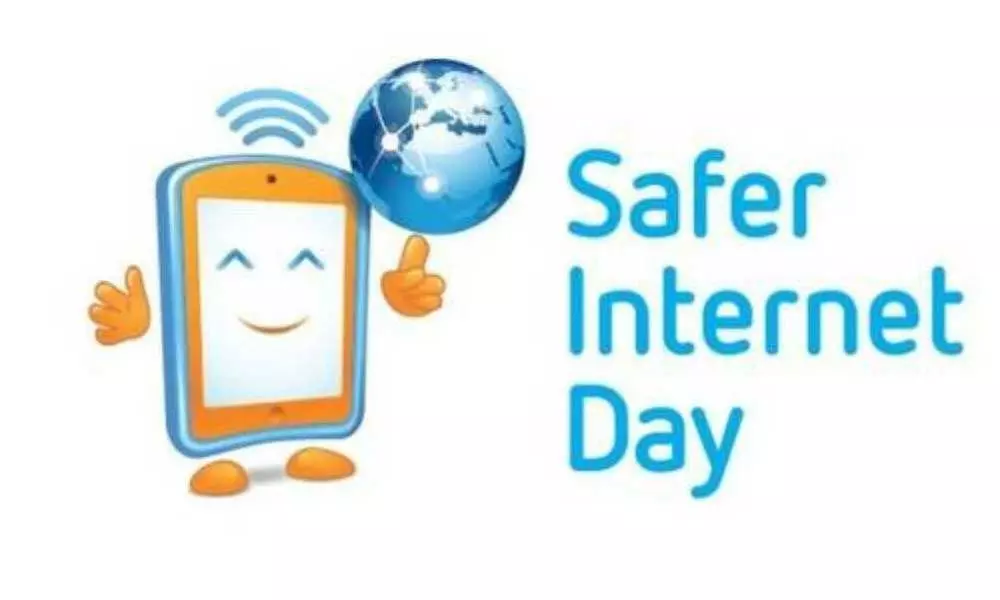Objective of Safer Internet Day is to encourage users to take steps to make one's usage more secure
February 9 is celebrated as the Safer Internet Day. And this year it assumes special significance as it is all about increasing and improving digital communications and digital transformation in the wake of the global pandemic.
image for illustrative purpose

February 9 is celebrated as the Safer Internet Day. And this year it assumes special significance as it is all about increasing and improving digital communications and digital transformation in the wake of the global pandemic. Especially, as the pandemic continues and schools experience renewed closures or pursue a hybrid model of learning (in-person and remote), the educational sector continues to attract the attention of cybercriminals on the Internet. For records, from July to December 2020, 270,171 users encountered various threats disguised as popular learning platforms - an increase of 60 per cent when compared to the first half of 2020. To help educators stay secure, Kaspersky has launched a digital toolkit that teaches cybersecurity best practices.
So as we celebrate this digitalisation, it is also important to understand the perils of the World Wide Web. The Internet is very convenient and useful, but using it has made our personal data more vulnerable. Mind you that around March-April-May, last year, more than 1 billion schoolchildren across the globe were affected by school closures as countries attempted to slow rising infection rates. For many, that meant a switch to emergency remote learning - a transition that, unfortunately, left many students and educators vulnerable to cyber risks. And if a recent Kaspersky study is to be believed, from January to June 2020, the total number of users that encountered various threats distributed under the guise of popular online learning platforms/video conferencing applications was 168,550 – a 20.45 per cent increase when compared to the same period for 2019. This number has only continued to grow from July to December, as discovered by Kaspersky experts.
Significantly, a campaign spreading malware via social media, which was active in 2016 by SilentFade gang, has found its way back in India in 2021. The gang is known to utilise a combination of Windows trojan, browser injections, clever scripting, and a bug in the Facebook platform, making it a very sophisticated and rare modus operandi to target Facebook's users. Facebook also said recently that SilentFade was part of a larger trend and a new generation of cybercrime actors that appear to reside in China and have persistently targeted its platform and user base.
In what can cause great concern for India, India ranks first with 603 infections in the last month alone, on the list of infected countries by this rootkit. Brazil (255 infections) and Indonesia (221) followed at second and third position.
The whole objective of celebrating Safer Internet Day should be to encourage the internet users in India and elsewhere in the world to think about the technology one uses and how one can take steps to make one's usage more secure, and the job of the bad guys more difficult. Happy Net surfing.

